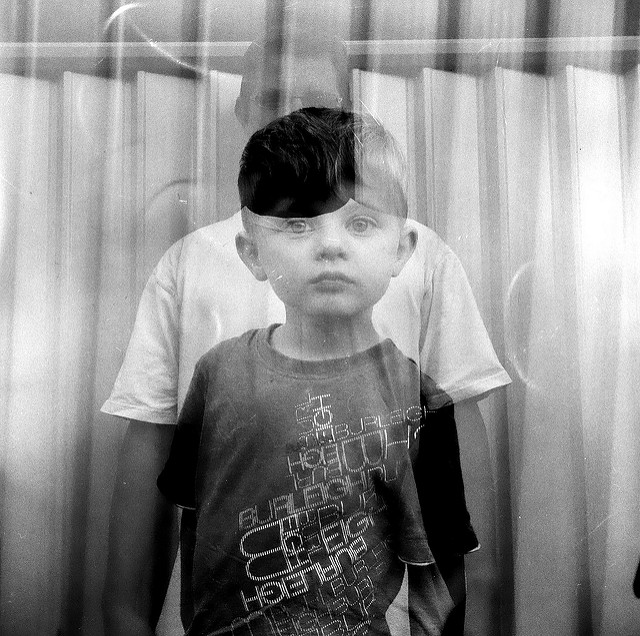 Parashat Vayeshev
Parashat Vayeshev
Genesis 37:1 – 40:23
We begin the rich story that is known as “Joseph and his Brothers”. Its episodes present us with vivid portrayals of human emotions and acts. The Torah grants her readers great freedom in how to consider all the various characters, central and minor. Will we jump on some element of the story and draw a quick judgment, or will we seek to mull over the strands that we may tease out of the text and be fed by a fuller encounter with the humanity that we share with that person?
Of course, besides Joseph and his brothers, Joseph’s father, Jacob, is also a key figure in the family drama. Indeed, this most complex of Patriarchs plays a very influential role throughout the story, both in what he does as well in how he affects others in their thinking, feeling and acting. Our story opens by telling us that Jacob favored his young son, Joseph, over all his other children. This caused terrible damage in their relationships. Joseph is emboldened to become a spoiled brat and flaunts a dream of success and dominance before his brothers. As a result their resentment toward him increases.
Was Jacob aware of all this? The Torah does not say. But we read of Jacob’s reaction when Joseph has a second dream and he shares it
with his father as well as with his brothers. Jacob’s response is just as negative as his sons’. He says: “What kind of dream is this? Will I, your mother and your brothers come before you to bow down to the earth?” (Gen. 37:10)
The Biblical commentator, Rashi, seeks to understand Jacob’s words in a very positive light. Since Joseph’s mother, Rachel, had died already, Jacob was pointing out that it would be absurd to dream that both he and Rachel would bow before their son. By stating this Jacob sought to dismiss the dream, calm his sons’ feelings and dispel their outrage. (Does Rashi’s suggestion open a path to understanding other moments in this long story in a way that might indicate that Jacob was trying to mend the damage he had caused?)
But Jacob’s love for Joseph was real and very powerful. The next verse tells us that, despite Jacob’s attempt at defusing the situation, his brothers were still jealous of him, “and his father guarded the matter.” (v. 11)
What matter was Jacob “guarding” and what was the nature of that guarding? Was he contemplating the mess he had created? Or, was he really not as convinced as he tried to make it sound about the absurdity of Joseph’s dream? Rashi offers: “He was awaiting and anticipating when [the dream’s fulfillment] would come. Similarly we have ‘guarding the faith.’ (Isaiah 26:2)”
Or, perhaps, as he saw that he had failed in his attempt to fix the situation, he was experiencing the feelings any father might feel whose children are beginning to grow beyond his control. This is a bittersweet feeling, tinged with love, pride and a sense of loss, as well. A recent article discussing how President Obama will adjust to becoming an “ex-President” ends by telling us: “The prospect of losing his girls to adulthood, friends say, saddens him more than leaving the White House.”
As Jacob “guards the matter” he realizes that he will no longer be able to guard his beloved son, so wonderful and so beautiful, so headstrong and so careless. As, “his father,” Jacob realizes that he is losing his son, and hence, losing, in an important way, his status as Joseph’s father – the master, the guide, the protector. As he controls his personal thoughts he knows that he is not – and will never be – able to control his love for that one. It is that love that he will never lose.
Shabbat Shalom and Happy Hanukkah
Rabbi David Greenstein
![]()
Subscribe to Rabbi Greenstein’s weekly d’var Torah
image: “Father son” © Ben Newton altered and used with permission via Creative Commons License
- Toby Stein: In Memoriam - Thu, Feb 8, 2024
- Faithfulness and Hope: Parashat Sh’lach - Thu, Jun 23, 2022
- Past Their Prime: Parashat B’ha`a lot’kha - Thu, Jun 16, 2022
